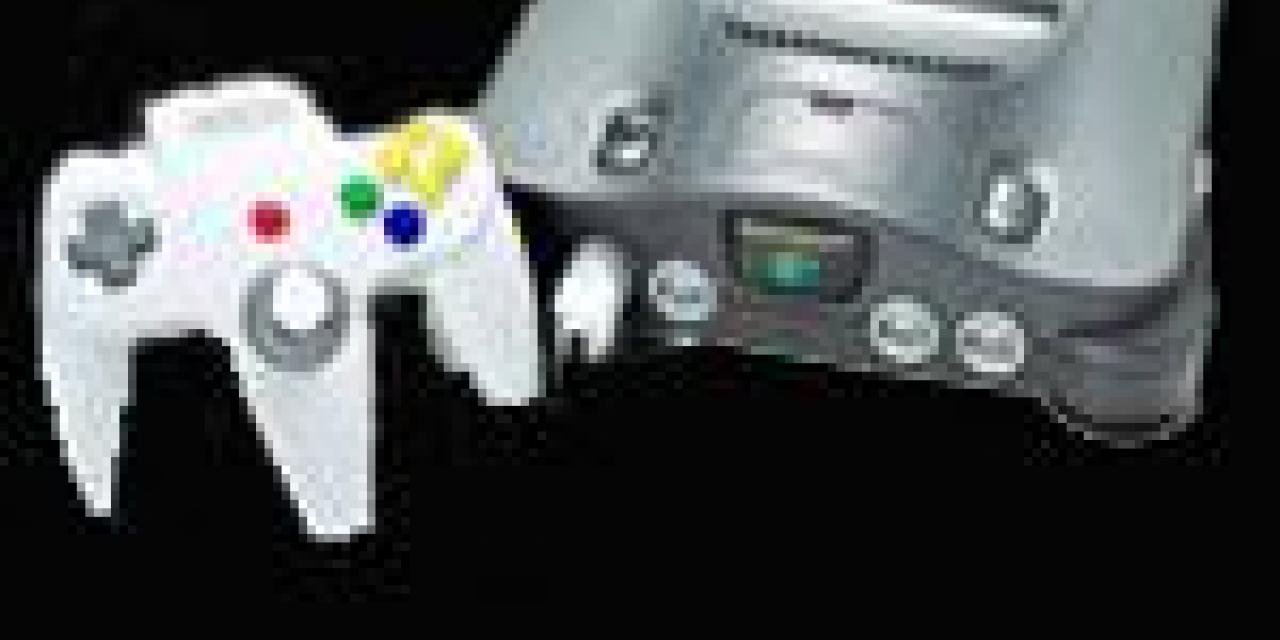
The U.S. District Court for the Western District of Washington has issued a temporary restraining order against the import and sale of video game systems containing counterfeit versions of Nintendo games being sold at numerous shopping malls.
In a major first step in its efforts to stop the sale of infringing products throughout the United States, Nintendo of America filed the action against two companies, its officers and employees after receiving tips from more than 400 of its fans. In response to the specific court order, U.S. marshals will seize the counterfeit systems at shopping mall kiosks in the western Washington area. In addition, Nintendo is supporting numerous federal criminal investigations and U.S. Customs has seized tens of thousands of the infringing devices upon their entry into the country, all of which are assumed to be headed to malls across the United States for illegal sale.
The hundreds of thousands of products in question look identical to Nintendo 64 controllers and plug directly into televisions, allowing users to play dozens of illegally pirated Nintendo games from the original Nintendo Entertainment System, such as Donkey Kong and Mario Bros. Nintendo re-released many of these popular games, currently being pirated, as part of its Classic NES Series, which allows its fans to play their favorite classic games on their Game Boy Advance SP units. The bootleg products sell under the names Power Player, Super Joystick, Superjoy and Powerjoy. As a result of the federal court order, Nintendo is urging all mall management companies around the country to immediately close the kiosks selling the illegal products.
This action is one of many steps Nintendo is taking to protect its creative rights and to combat the growing international problem of product piracy, explains Jodi Daugherty, Nintendo of America's director of anti-piracy. Nintendo won't tolerate these illegal products, and is grateful to its devoted customers. We'll aggressively protect the quality and integrity of the video game products our fans are so loyal to.
Daugherty added, We're confident that mall management companies around the nation will provide their complete cooperation upon being informed of the court's decision.
Nintendo has information identifying kiosks distributing the illegal devices in malls in more than 40 states. They are often set up outside of Nintendo's legitimate retailers' stores. This is the largest piracy problem Nintendo has faced in the United States. Nintendo is still calculating the extent of its losses, but expects it to be in the millions of dollars, once the damage to both its reputation and the harm to relationships with its established business partners have been quantified.








